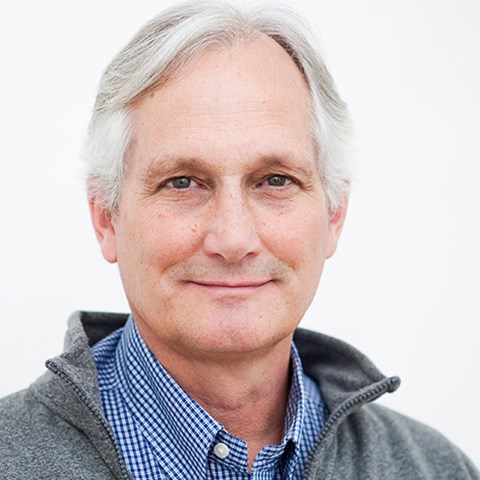Letter from the Dean

New EMA programmes at SLU despite strained budget
At this time of the year many of us are breaking out warmer clothes and thinking of putting winter tires on our bikes (and cars). However, although according to the calendar it is autumn, with temps > 15 C it feels more like a cool summer day (or from someone who grew up in southern California a winter day). I doubt many are complaining as the Indian Summer weather is perfect for harvesting the unusual production of apples this year.
This also the time of the year when many of us are working on next year’s budgets. For Environmental Monitoring and Assessment (EMA) it looks like next year’s budget will be as constrained as 2018s. On the bright side, despite EMA’s current financial situation, the Vice Chancellor has decided to implement two new EMA programmes: Wildlife that will be coordinated by the Forestry faculty and Alpine and arctic landscapes that will be coordinated by the NJ faculty. This means that the NJ faculty is now responsible for the coordination of seven of EMA’s 12 programmes.
Professor Willem Goedkoop at the Department of Aquatic Sciences and Assessment has been awarded the position of programme coordinator (started on 1 October). Since 2010, Professor Goedkoop has been a co-leader of CAFF’s (Conservation of Arctic Flora and Fauna) Freshwater Steering Group of the Circumpolar Biodiversity Monitoring Program. The Freshwater Ecosystem Monitoring Group of CAFF is tasked with harmonizing and developing long-term monitoring programmes of Arctic freshwaters, including ponds, lakes, rivers, their tributaries and associated wetlands. As coordinator of the Alpine and arctic landscapes programme, Professor Goedkoop’s first task will be to develop an outline of programme objectives and activities that underpin Sweden’s environmental objective A magnificent mountain landscape (Storslagen fjällmiljö).
In 2015, UN General Assembly adopted the 2030 Development Agenda comprised of 17 Sustainable Development Goals (SDG). To partly address and show progress towards achieving these goals, EMA is linking it’s 12 programmes to the UN’s SDGs. However, as SDGs cross-cut several of SLU’s areas of interest, I anticipate that much effort in the near future will be on stimulating collaboration between EMA, external collaboration specialists and global collaboration, as well as implementing SDG work in teaching and research.
For SDGs related to water issues, we look forward to the engagement of Dr Leonard Sandin who was recently appointed as the Water Forum coordinator (starting on 1 November). As SLU has about 300 researchers working with water related issues, ranging from basic research to sustainable management of aquatic ecosystems, part of Dr Sandin’s job will concern facilitating and communicating research, education, environmental assessment and other collaboration that relates to water issues. The Water Forum is based within SLU’s Faculty of Natural Resources and Agricultural Sciences, but promotes water related work across faculties.
Richard Johnson, Vice Dean, Environmental Monitoring and Assessment